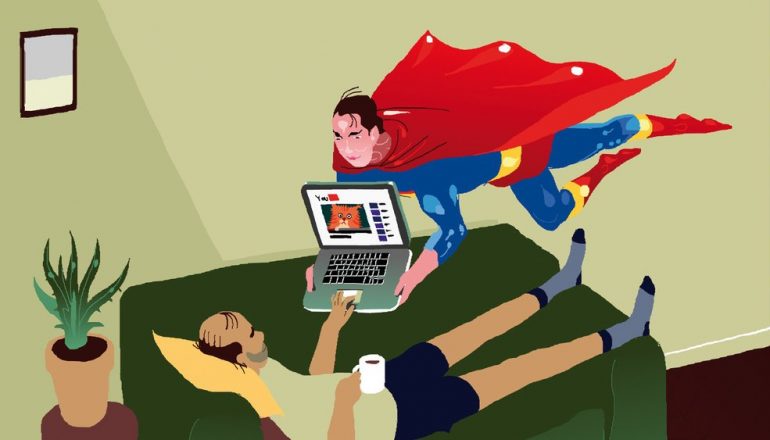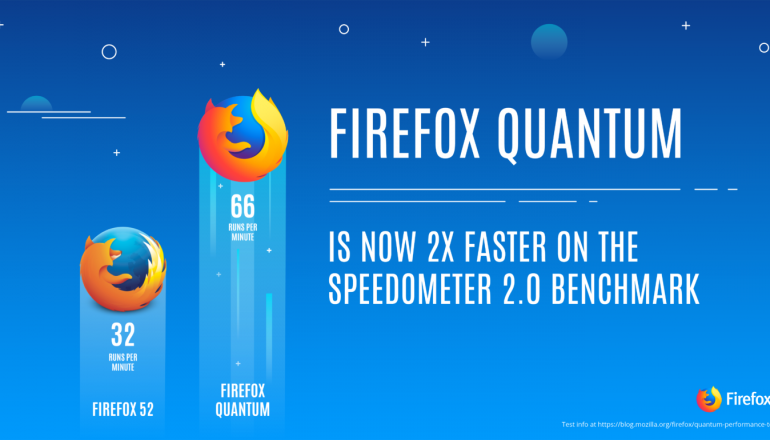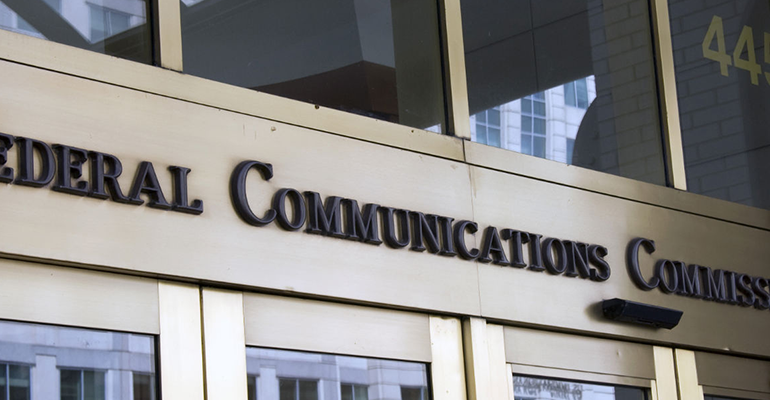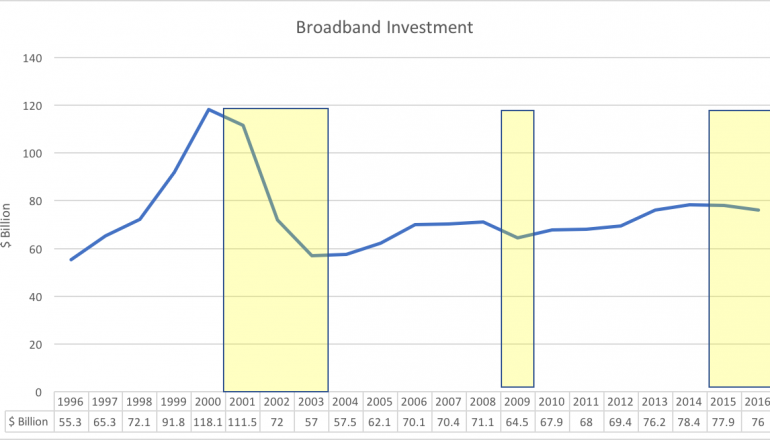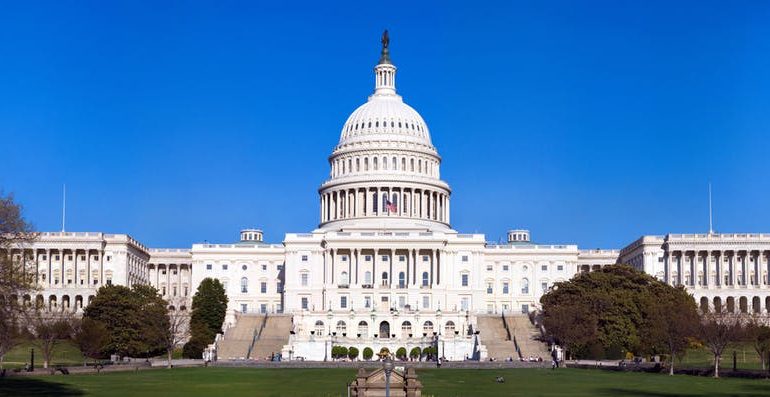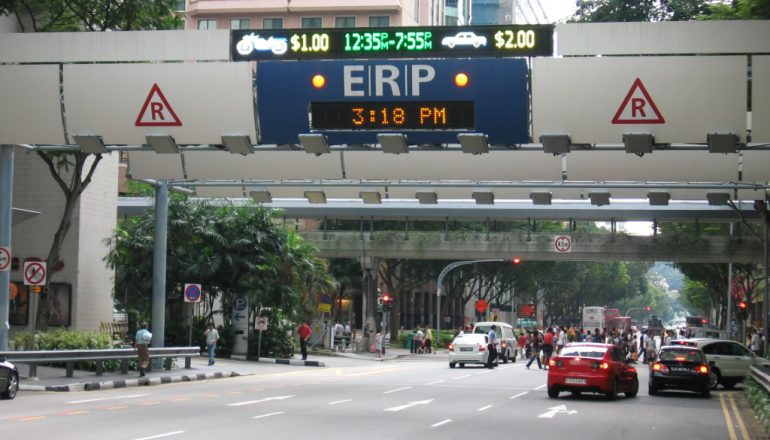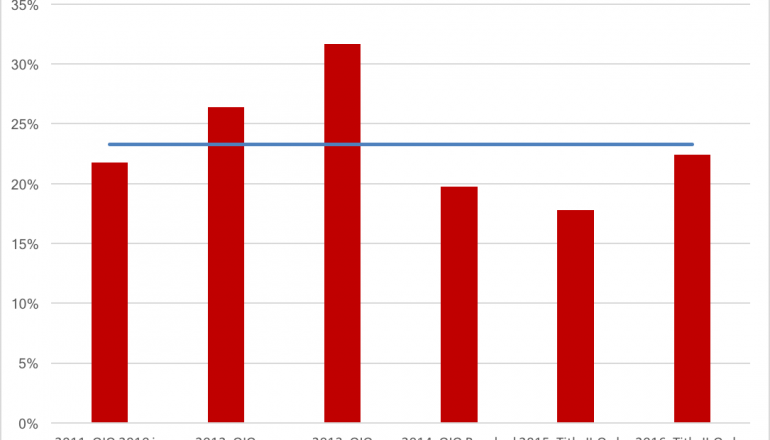Community Broadband is Cheaper – and Slower
A recent study by the Berkman Klein Center shows that publicly-funded broadband networks are cheaper – but slower – than those built with private capital. On average, consumers who buy broadband service from a government provider pay $10 per month less than those who patronize commercial providers, but their download speeds are close to 7 Mbps slower.
The Firefox Fast Lane
We all prioritize thing that matter over things that don’t. The Internet need not be an exception to this rule.
The Myth of Internet Fast Lanes
Should three unelected bureaucrats be able to reverse three other unelected bureaucrats on vital social, political, and economic questions? This is the haunting question for Internet policy in the United…
The Internet After Net Neutrality
Let’s not be distracted by shiny objects any more. The Internet still has tremendous promise as well as serious problems to solve. Making it better through continuous experimentation should be the top priority.
Depressing Investment Figures
Figures released by US Telecom on Tuesday showed reduced spending on broadband infrastructure for the second year in a row. While 2014 was the best year for broadband investment since the fiber bubble…
Cooking the Books While Startups Languish
Since leaving the FCC, former chairman Tom Wheeler and Special Advisor Gigi Sohn have relentlessly attacked current chairman Ajit Pai. This is an unusual breach of decorum because former FCC…
Tech Policy Tribalism
The tribal forces of the left appear to be forming a drum circle around the idea that rural broadband is entirely screwed up in the US so we need to create thousands of broadband co-ops to solve it the problem in a few decades. I think we can do a lot better, but only if we can forget about the tribal identities and apply some reasoning informed by facts.
You Get What You Measure
The awesome TPRC Conference starts on Friday this week, at the Scalia Law School at George Mason U. in Arlington. This conference brings academics and policy scholars from around the world together…
Congestion Pricing for Infrastructure: I Still Don’t Know Why Net Neutrality is Important
When usage, delay tolerance, and loss tolerance are all unknowns, we fall to an unknown level of quality. While this simplifies billing, it doesn’t do justice to the needs of applications, innovation, or investment.
A side effect of switching from the current billing model to a quality-based model is that the unproductive net neutrality debate summarily ends. When users have control over the end-to-end quality of each application transaction, the means used by the provider to deliver the desired quality are unimportant.
Open Internet Orders Degrade Internet Improvement
Even when the figures for 2016 are taken into account, the numbers show very clearly that Open Internet Orders are a drag on the rate of broadband improvement in the US. The numbers also show that the Title II order did more damage than the 2010 Title I order.
We want our broadband speeds to improve. The data show that the best way to make that happen is to challenge open Internet orders, especially those that classify broadband Internet service under Title II.



